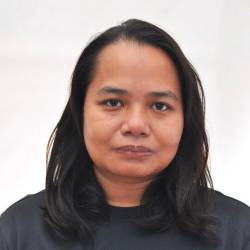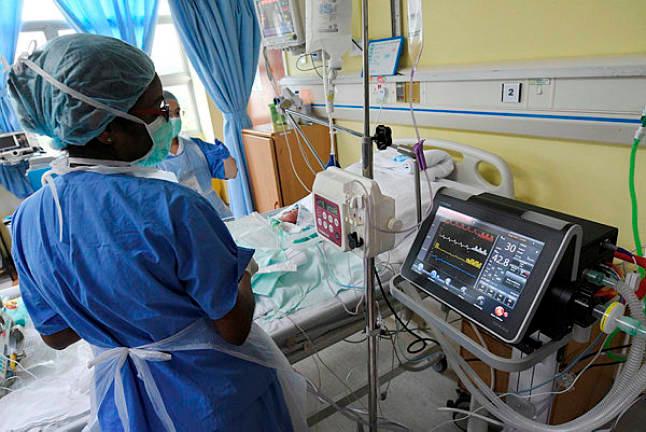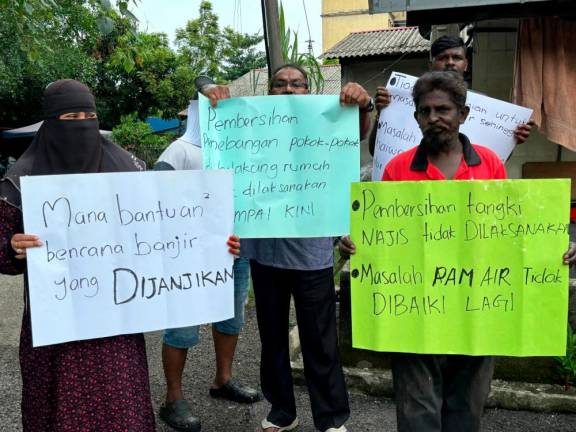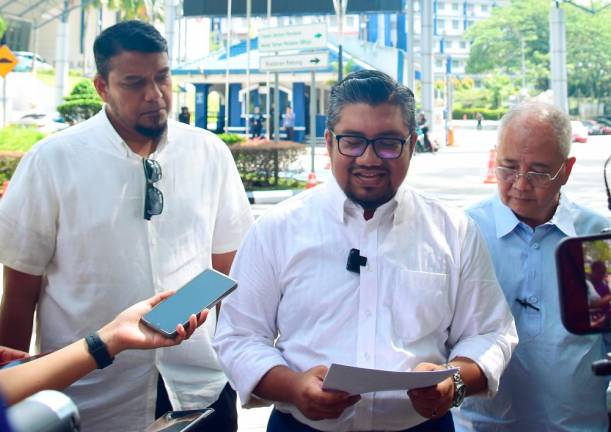PETALING JAYA: Everyone in Malaysia, including the poor and underprivileged, has equal and adequate access to free or very low-cost healthcare.
According to several parties, this has been made possible through comprehensive healthcare coverage managed by the government.
It is therefore wrong to say that Malaysia does not have state healthcare, they said in response to a claim by a molecular immunologist that families have been bankrupted by the excessively high cost of healthcare.
Malaysian immunologist Audrey Teh, who works at the St George’s Hospital at the University of London, made the claim in an article published in the Oct 19 issue of Nature.
In an immediate response, Health Director-General Tan Sri Dr Noor Hisham Abdullah described her statement as “incorrect and a gross misrepresentation” of the national health system.
According to him, Malaysia has achieved effective universal healthcare coverage since the 1990s through tax-funded public provision of healthcare services.
National Patriots Association public communications director Kapt (Rtd) Dr Wong Ang Peng said while it is unlike the British National Heath Service (NHS), the Malaysian healthcare system has been effective in covering the needs of the people, including those in the B40 group.
“To say that we lack a state healthcare system and that people are going bankrupt because of high medical bills is such a sweeping statement,” he told theSun yesterday.
He said while there were private specialist hospitals that charge high fees, the state-run general and district hospitals as well as health clinics cater to all strata of society at a very low cost to the patient.
The fee for a consultation at a government hospital or clinic is only RM1 and for the very poor, even this can be waived.
Wong also pointed out that military personnel and veterans are also well cared for in terms of healthcare.
Malaysian Medical Association president Datuk Dr M. Subramaniam said Teh was poorly informed about the Malaysian healthcare system.
“Every Malaysian has access to healthcare because it is one of our basic rights,” he said.
Some people have also posted comments on Nature’s website to express their anger and dissatisfaction over the misrepresentation.
A person who claimed to be a doctor at the Kinta district health office in Ipoh expressed “dismay and disgust” at the claim.
“We have had nationalised and subsidised healthcare in the same vein as the UK’s NHS for decades now. I know not why the interviewee claimed this was not the case, whether she was truly ignorant or worse,” he said in his post.
“I do hope that you will publish a public retraction or comment on the aforementioned statement soon,” he added.
A reader named Nur Zaini said she paid less than RM30 for a normal delivery of her baby and also spent a night at the hospital.
“It was a smooth delivery process even when I was already overdue. And yes, it was a public hospital,” she added.
According to the Health Ministry’s website, the fee for outpatient treatment at general hospitals and clinics under the ministry is as low as RM1. The fee to see a specialist at these facilities starts from RM5.












